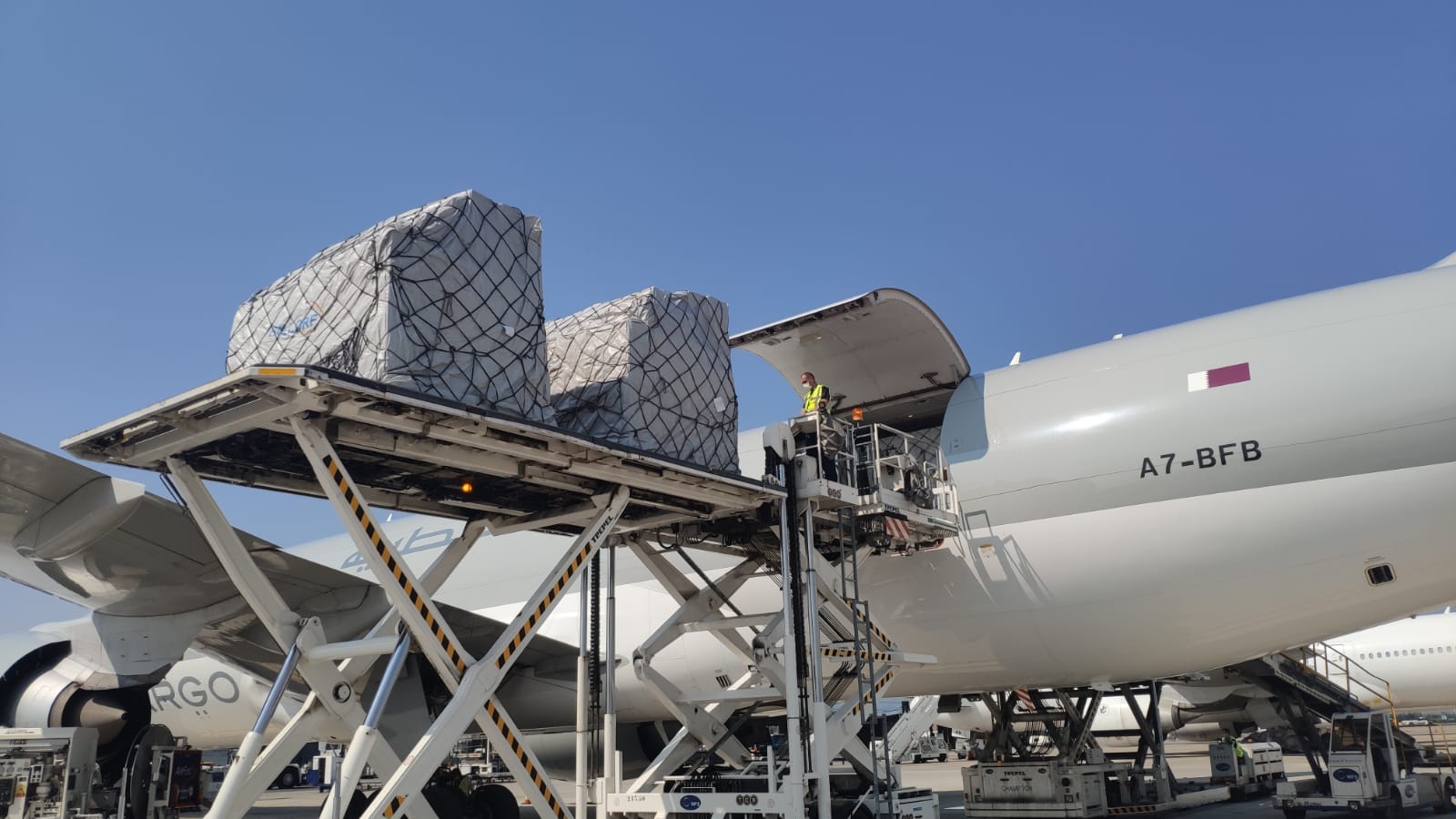There’s no other quick way to deliver your shipments in a specific time frame but air freight. When speed is a primary concern, your best choice is air shipping. While the benefits don’t just stop there, you still need to weigh other means of transport. For now, here are when you should choose air freight over other options:

When you want reliable arrival and departure times
Logistics services usually include air freight for goods to be delivered quickly. But it isn’t just all about speed; it’s about reliability, too, in terms of arrival and departure times. Consistency is key to maintaining customer loyalty. It still wouldn’t cause significant backlash despite a delayed flight since airlines take on a flight every hour.
When security matters above all
Theft and freight damage may be prevalent, but you don’t usually have to worry about security with air freight. You can trust how every cargo is tightly managed at the airport. This tight cargo control provides high protection against damage and theft.
When you want to send it even to very long distances
Air shipping allows you to send your international or local cargo almost anywhere. That means you can get your load worldwide, as most airlines offer an extensive network of destinations.
When warehousing or inventory isn’t your forte
Given the quick air freight transit times, you don’t have to stock your items in local warehousing for long periods. This means you reduce your need for warehousing and inventory maintenance. Everything is more efficient, too, from cargo inspection to handling, which is cleared within a few hours.
When you want to spend less on packaging
Airfreight doesn’t require heavy packaging compared to ocean transit. This is because of the aircraft’s shorter transit times and efficient loading and unloadingof.
However, consider that air freight is a more expensive option—up to several times greater than the cost of trucking or ocean transit. If you should go for air freight, know its shipping guidelines first. They may be new to what you are used to. Here are the best practices for air freight:
Create a clear label for your shipment
Avoid getting your freight left behind, included in others’ cargo, misrouted, or timeline derailed by labeling your shipment clearly. An unclear label can cause your cargo to be delayed in customs. To mark your tags clearly, write the shipper’s and receiver’s names, addresses, and telephone numbers on two adjoining sides. Make sure to remove old markings and labels as well.
Never recycle corrugated fiberboard boxes.
It can be tempting to reuse your corrugated boxes when they come in excellent condition. However, these boxes don’t guarantee durability. Once they’re used, they might not be able to endure the second use without crushing because of their exposure to moisture and humidity. These factors can significantly weaken their structure. So, to ship your freight without worries, use new fiberboard boxes in every shipping.
Prepare your boxes the right way.
Pack your freight correctly while following the maximum weight guidelines and not reusing corrugated fiberboard boxes. Never leave large spaces for air around your cargo boxes to prevent them from crushing. Even when your shipment is handled fewer times, it’s still transferred from truck to plane, then the same process. So, make sure that you tape the boxes well repeatedly, not just one strip, and get all the seams sealed. To pack your box in full, you may also surround your freight with lightweight materials.
Don’t forget the commercial invoice when you’re shipping internationally.
Prevent your international freight from going through troubles at customs by putting together its commercial invoice. Without a commercial invoice, your shipment is at risk of being delayed by customs and levied with fines and storage charges while waiting for the correct documentation. To avoid these, always prepare a commercial invoice for all your air freight transactions with clearly defined contents and values assigned.
Remember not to overpack
Consider the weight and size of your freight. Take note that not all airports offer wide-body aircraft, restricting your shipment’s size in the process. Know about the maximum size accommodated at the airport. Weight, on the other hand, is a significant cost factor. Whichever is greater between the shipment’s weight and volume dictates the cost. So, make sure to keep your freight light as much as possible.
While air freight can be costly, it’s the best option for speed and security. But in the end, the decision on which shipping method lies on you or your logistics partner.
